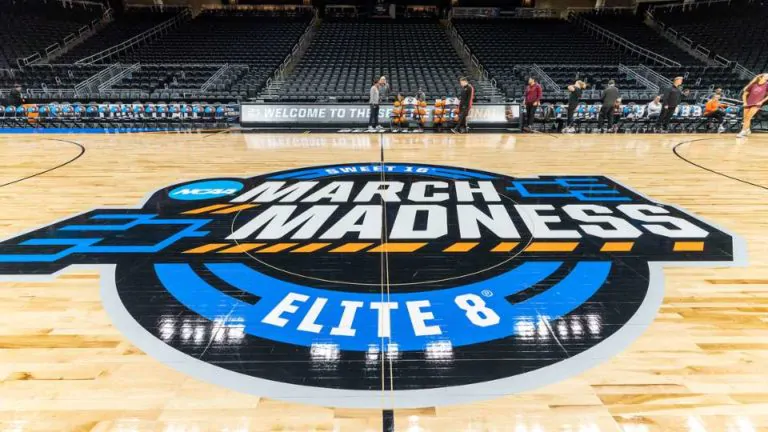It may be fall, but it's never too early to think about summer conditioning. Stuck between deciding if you should train over the summer with your club team back home or stay and train at school? Look into these pros and cons of staying at your university over the summer to see if they'll help you make a decision.
Pro: Strengthen bond with your coaches and teammates
Staying over the summer can certainly help you strengthen your relationship with your coaches and teammates. The schedule will be very intense so it will most likely have you spending about 90% of your time with these people. Through these tough workouts you will be given the chance to learn more about your teammates personally and how they train. In between practices you will be able to hang out with them, and get to know them outside of your sport. You will also have more time to talk to your coaches outside of practices, which is an easy way to help strengthen your bond with them.
Pro: Improve your game (and your team)
If you maximize your summer training, you will greatly increase your chances of improving during your season. Training over the summer will give you the chance to test your limits and push yourself as hard as you can. As I mentioned earlier it will also give you more time to speak with your coaches, so utilize this opportunity to talk with your coaches about your training more in depth. Ask what you need to improve and how you can achieve that as well as what you are doing correctly. You can even start planning for the upcoming season with your coaches.
Related: Rate your Coaches, Facilities, and Campus Visits
Pro: Get ahead on classes
Staying on campus gives you the opportunity to take classes as well. If there's a hard class you're worried about taking during the school year or if you just want to get ahead, use this time to do so. You will only be taking a class or two at once, so the experience might be a lot smoother than it is during the school year. Just beware: the duration of some classes might be shortened over the summer, meaning you'll have to squeeze more assignments and readings into a shorter time period.
Con: It may get boring
Your schedule is going to be extremely repetitive over the summer, even more than it is during the school year: train, eat, train, sleep then repeat every day for around 2 months is probably the routine you will be looking at. You'll probably have a day or so off during the week, but it will fly by. So things may get boring fast!
If you go to a school near a big or interesting city that may improve your experience by giving you the chance to do something over the weekend. But if you go to a school that is located in a smaller city where the majority of the population comes from the college students…well, your experience might be a little different. A good chunk of those college students will leave over the summer, turning your college town into a deserted island. If this will be your situation, try planning things to do every weekend. Maybe take a day trip to a city close by, or go on a nature walk.
Related: 6 Ways to Conquer your Summer Fitness Packet
Con: Burnout
As mentioned above, summer training is intense and repetitive. Constant and hard workouts in extremely high temperatures (for most schools) really will do a number on an athlete. This can also be a pretty overwhelming experience, more likely for those who haven't experienced high intensity training before. So to avoid burnout from over training/working yourself, make sure you know what you're signing up for. Talk to your coach if you feel unprepared, and see what they would recommend for you-since they know what you're capable of. You can even try to work something out where you train at school for only half of summer, then go home for the rest.
Con: Money
Summer is usually a perfect time to make money for college students–there's a lot more free time without having the stress of classes, so many will take this time to work as much as they can to make back the money spent at school. Athletes staying over the summer to train don't quite get this opportunity. Since the schedule is so intense, there's way less time you would be able to dedicate to a job. Obviously, working isn't completely ruled out–there are gaps in the schedule that you could fill with part time jobs or babysitting opportunities.
For swimmers, I definitely recommend giving swim lessons. Private lessons usually only last 30 minutes and as a college swimmer you will be in high demand. Just keep in mind you will most likely be pretty exhausted, so plan accordingly. Don't commit to a job that you most likely won't have the time or energy to do.
There are many pros and cons to staying on campus to train over summer and it's never too early to plan ahead. At the end of the day, it's your decision, so do what's best for you!
Have an idea for a story or a question you need answered? Want to set up an interview with us? Email us at [email protected]
* Originally published on September 22, 2022, by Sammie Grant







